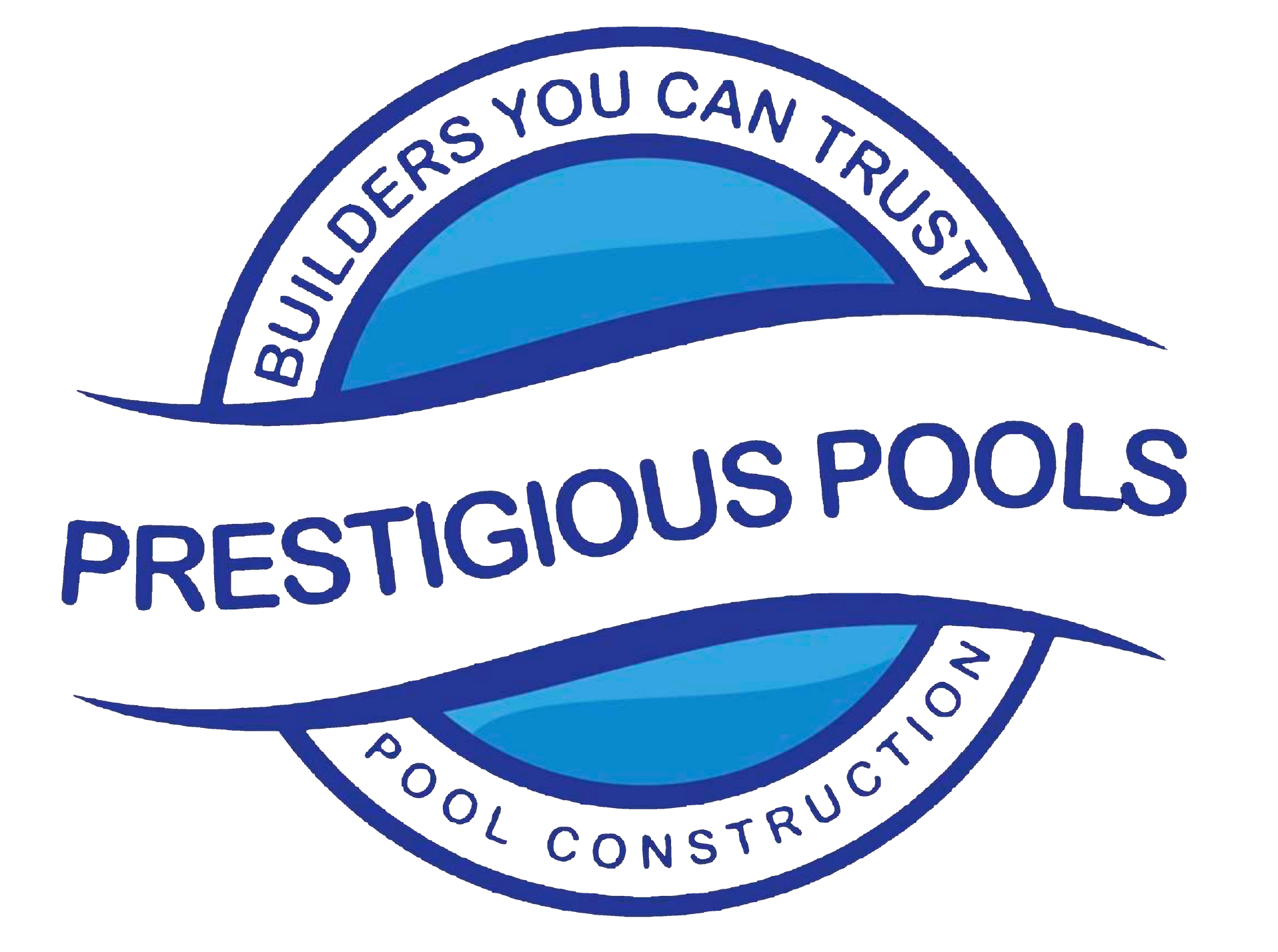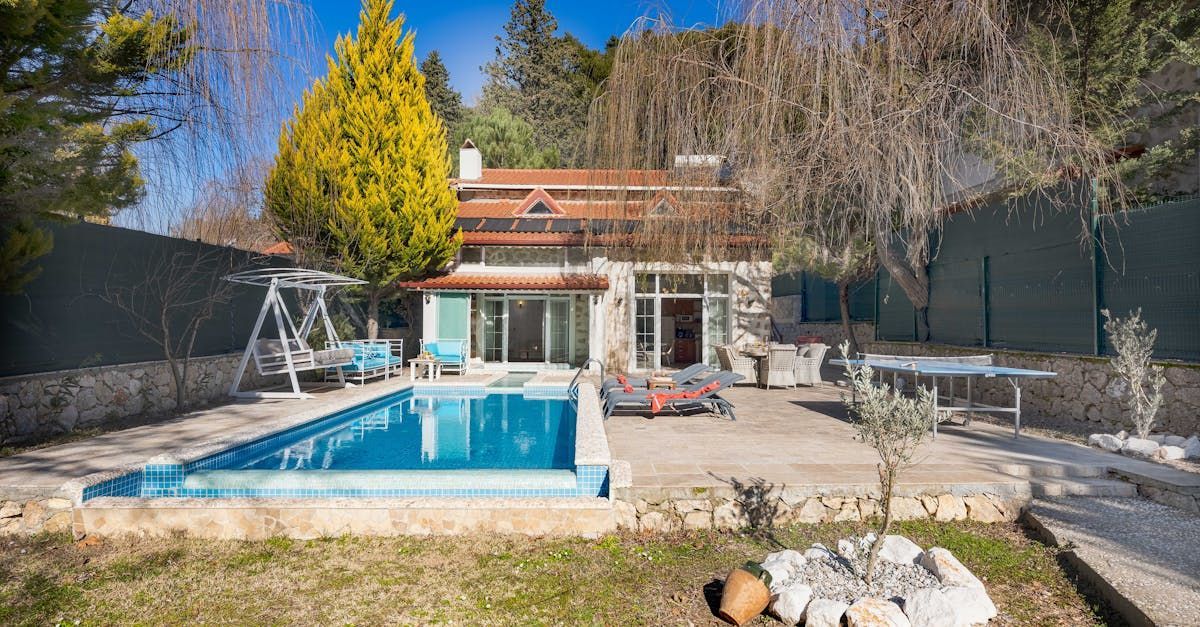Can swimming pool water be filtered to drink?
Transforming Pool Water into Drinking Water: Is It Possible?
In the scenic region of Loomis, California, where backyard pools are as common as the golden poppies, a question occasionally surfaces—can the water filling these swimming havens be purified enough to be considered drinkable? Prestigious Pools, known for their expertise in crafting bespoke pools, spas, and outdoor living spaces, delves into this intriguing query. This article explores the feasibility of filtering swimming pool water for drinking purposes, the challenges involved, and the implications for pool owners.
Understanding Pool Water Composition
Swimming pool water is treated with a variety of chemicals to maintain cleanliness, prevent algae growth, and ensure it's safe for swimming. Common treatments include chlorine or bromine for disinfection, algaecides, and pH balancers. While these chemicals are effective at keeping pool water clear and sanitary for swimming, they introduce complexities when considering potability.
The Filtration Challenge
Transforming pool water into drinking water isn't a straightforward process. The primary hurdles include:
Chemical Removal
Chlorine and other disinfectants used in pool water can pose health risks if consumed in significant quantities. Advanced filtration systems, such as reverse osmosis or activated carbon filters, are required to remove these chemicals effectively.
Microbial Safety
Despite the use of disinfectants, swimming pools can still harbor bacteria, viruses, and protozoa. A reliable potable water system must include a robust treatment process to eliminate pathogens completely.
Consistent Quality
Maintaining a consistently safe level of water quality for drinking requires continuous monitoring and maintenance. Any lapses in water treatment could lead to contamination, making the water unsafe for consumption.
Technological Solutions
Modern water purification technologies have made it technically possible to convert pool water into drinking water. Systems incorporating multiple stages of filtration, including sediment filters, carbon filters, reverse osmosis membranes, and ultraviolet light sterilization, can address the chemical and microbial challenges. However, the complexity and cost of such systems often make them impractical for the average pool owner.
Safety and Regulations
The safety of drinking water is governed by stringent regulations that specify acceptable levels of various contaminants. Meeting these standards with pool water on a consistent basis would require a level of oversight and testing akin to public water utilities. Additionally, the health risks associated with improperly treated water make it imperative to err on the side of caution.
Practical Considerations
For most homeowners, the idea of drinking pool water, even after filtration, remains a novelty rather than a practical solution. The initial and ongoing costs of the necessary purification systems, combined with the safety concerns and regulatory hurdles, typically outweigh the benefits. Prestigious Pools emphasizes the importance of enjoying your pool for its intended purposes—relaxation, recreation, and aesthetics—while relying on established sources for your drinking water needs.
Conclusion
While technically feasible, converting swimming pool water into drinking water presents significant challenges in terms of filtration, safety, and regulation. Prestigious Pools, serving the Loomis area and beyond, encourages pool owners to prioritize the primary function of their pools as sources of joy and comfort. In our quest for sustainability and resource conservation, other strategies, such as rainwater harvesting and water recycling, offer more viable solutions for supplementing our water supply without compromising on safety or practicality.
For those intrigued by the possibilities of water purification technologies, consulting with water treatment experts can provide insights tailored to specific needs and contexts. However, when it comes to hydration, it's best to leave pool water for swimming and turn to trusted, clean sources for drinking.




